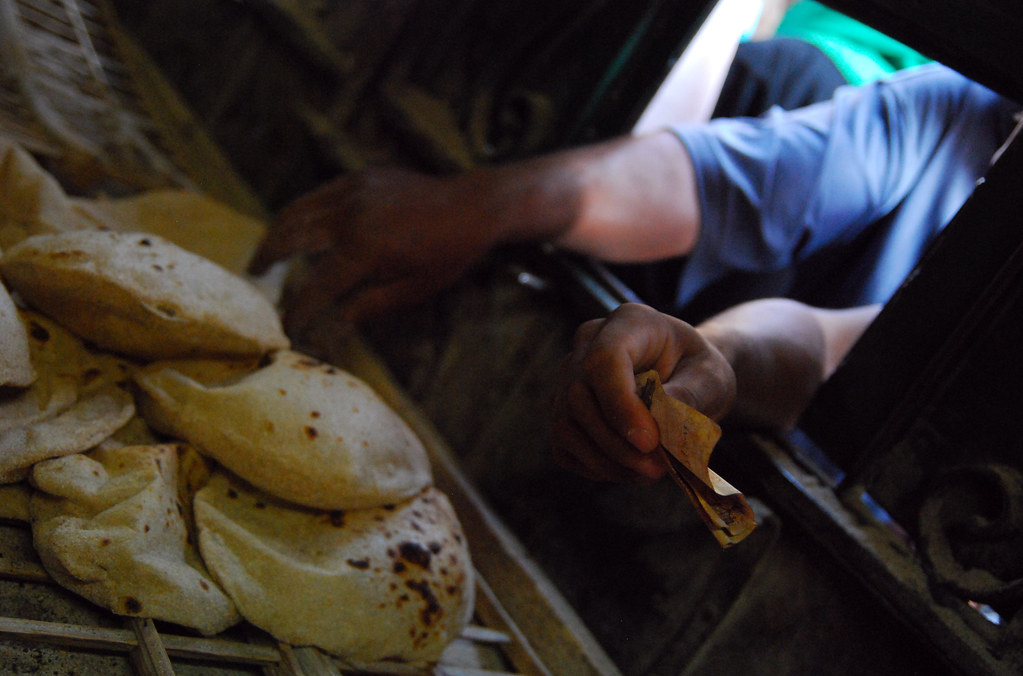Egyptian President Abdel Fattah Al-Sisi directed the government on Tuesday, 15 March to enforce price controls on unsubsidized bread nationwide in order to help curb the recent price surges, Presidential Spokesman Bassam Rady said in a statement.
According to Rady, Al-Sisi instructed the Ministry of Supply and Internal Trade to supply bakeries with enough flour to mitigate any expected hikes in bread prices as well as entrusted the civilian police to ensure that price controls are enforced on the ground.
The directives were given by the President during a meeting with Prime Minister Mostafa Madbouly, Minister of Interior Mahmoud Tawfik, Minister of Supply and Internal Trade Ali Moselhi, and Head of the General Intelligence Services Abbas Kamel.
As a result of the Russian-Ukrainian war, the price of subsidized bread, which is highly dependent on imported wheat, has soared by nearly 50 percent over the past week.
The price of subsidized bread loaves, however, remains unchanged at five piasters.
There has been a global increase of wheat by 48 percent, cooking oil by 32 percent, corn by 30 percent, sugar by seven percent, frozen meat by 11 percent, poultry by 10 percent, and petroleum by 55 percent. However, the prices of wheat and cooking oil in Egypt have only increased by 17 and 10 percent, respectively, according to the Prime Minister’s remarks last week.
In a statement, the Head of the Bakeries Division of the Cairo Chamber of Commerce, Attia Hamad, explained that the tonne of flour has risen to EGP 11,000 (USD 700 ) from EGP 9,000 (USD 570) in February.
Ahead of the holy month of Ramadan in early April, which often sees an increased food consumption, the president has ordered the distribution of cartons of food supplies and low-cost food commodities.
The state has also taken measures to offer farmers additional incentives to encourage them to deliver the largest possible amount of wheat during the local wheat supply season in April.







Comment (1)
[…] […]